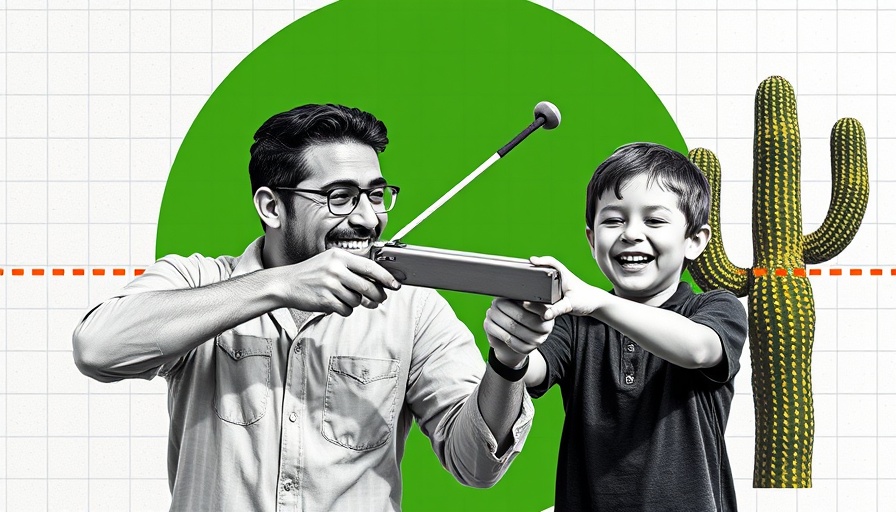
The Trial That Could Change the Future of Autonomous Driving
As Tesla stands trial this week in Miami over the tragic 2019 crash involving its Autopilot system, all eyes are on a case that could redefine responsibility in the world of autonomous vehicles. The outcome will not only impact the family of the victim but also set precedents for how manufacturers manage liability when it comes to advanced driver-assistance systems.
Understanding the Legal Landscape
This case represents a pivotal moment for Tesla and other manufacturers developing similar technologies. On one hand, Tesla asserts that the accident was due to driver error, noting that the driver was distracted while reaching for a cellphone. On the other hand, advocates for consumer safety argue that Tesla’s technology may carry inherent risks that are not adequately addressed. It’s crucial to understand how this trial might carve out legal standards surrounding technological accountability.
The Role of Advanced Technology in Today's Society
A major player in this trial is Tesla’s Autopilot system, a feature marketed as capable of easing driving responsibilities. Critics argue there’s a gap between what consumers understand about these technologies and what they can actually do. With the rise of autonomous vehicles, clearer communication around capabilities and limitations is essential, with testimonies from experts and engineers expected to shed light on these issues during the trial.
The Human Cost of Technological Innovations
The unfortunate fate of Naibel Benavides Leon serves as a poignant reminder of the human cost associated with technological advances. The case raises questions about how companies should balance innovation with accountability. As the courtroom drama unfolds, the emotional resonance of the crash reminds us that behind every statistic and legal benchmark, there are real lives affected.
Potential Outcomes and What They Could Mean
Experts have indicated this case might set a precedent for similar cases in the future. A finding of liability could change how companies develop and market their technologies, encouraging them to enhance their safety measures or provide better consumer education. Conversely, a ruling favoring Tesla may embolden manufacturers to prioritize rapid advancement over caution.
What This Means for Consumers and Policy Makers
For consumers, this trial proves significant for their understanding of vehicle technology as well as their rights when it comes to claims involving autonomous driving systems. For policymakers, the results may galvanize efforts to regulate the burgeoning field of autonomous technology more strictly, ensuring safety remains the priority.
As this trial progresses, remain engaged and informed about the implications it holds—not just for Tesla, but for the entire tech-savvy landscape. Understanding these developments will empower consumers and promote critical conversations about the intersection of technology and safety.
If you're interested in securing peace of mind for future uncertainties, consider exploring options like final expense insurance to ensure that you and your loved ones are protected during difficult times. Understanding the protections available to you can provide valuable insight into managing your legacy and ensuring that loved ones have the support they need.
 Add Row
Add Row  Add
Add 




Write A Comment